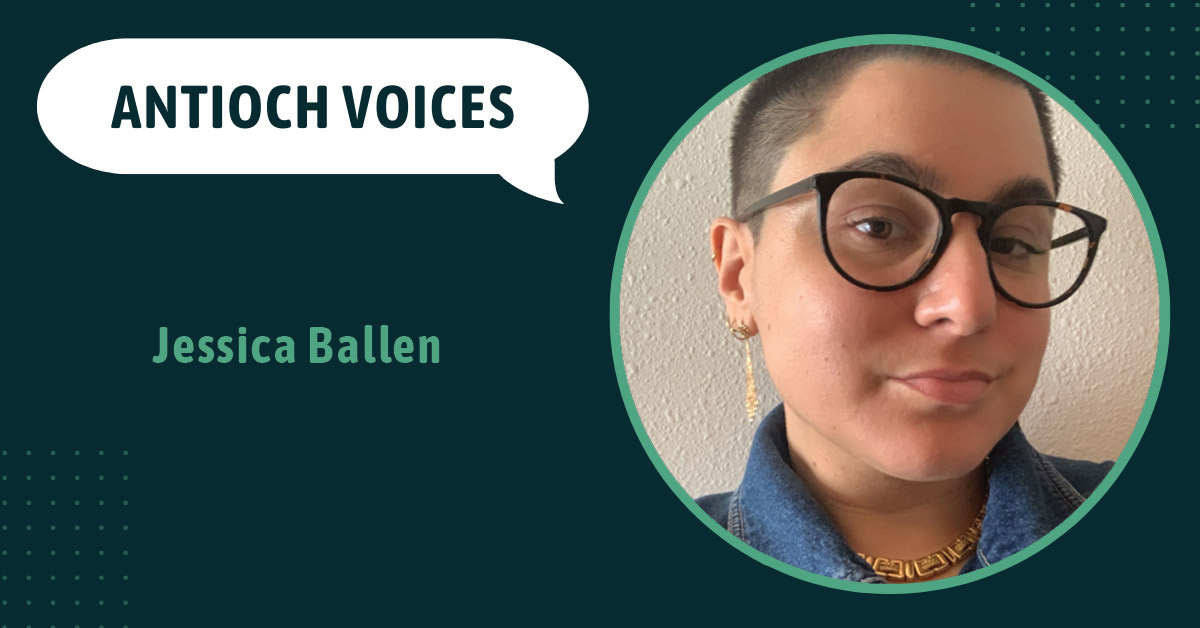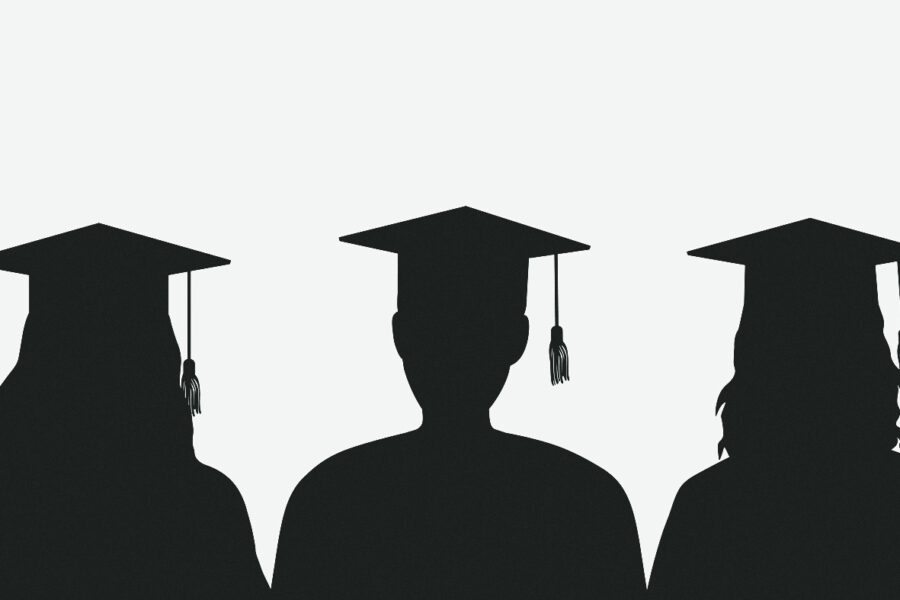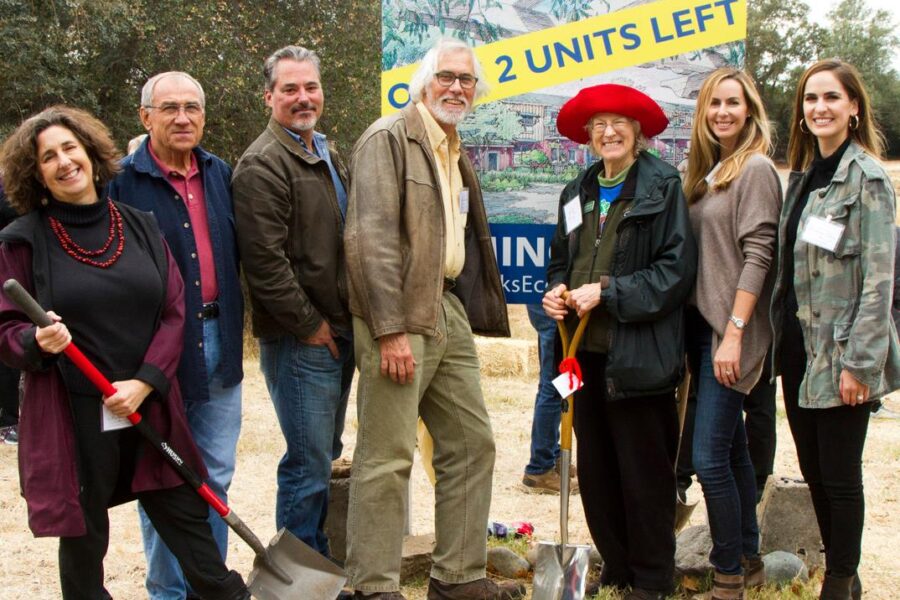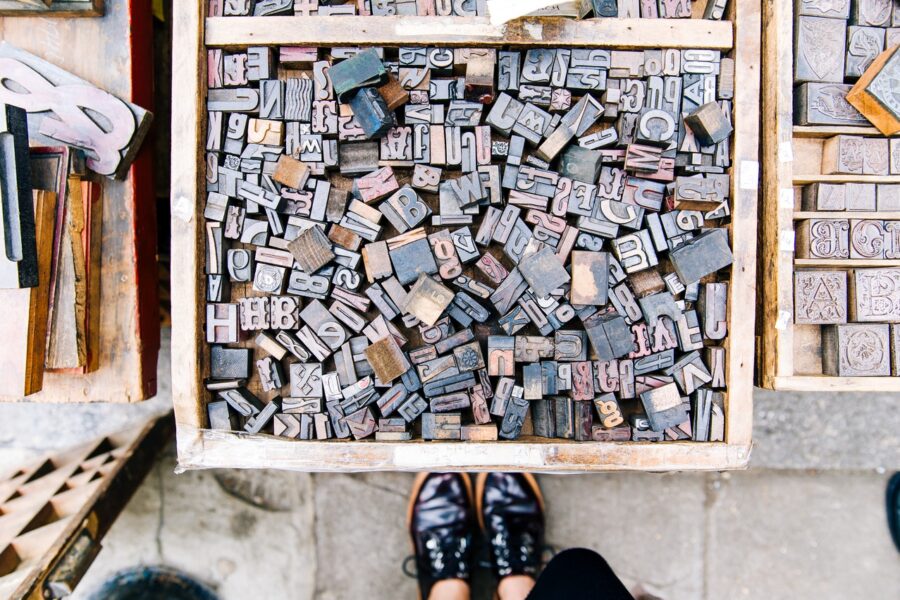When I had my brother on the phone a few months ago, he asked me out of the blue if I was proud to be Jewish. I told him, of course, I was. My first book of poetry, which hadn’t been released yet, would be titled Kosher, a title that I chose to pay homage to my Jewish roots (despite not keeping kosher during my meals). Similarly, the chapbook I started over the course of my divorce was based on the Judaic mythological being named Lilith, who, according to tradition, was Adam’s wife before Eve. Of course, I was a proud Jew.
But when the month of May came around, I have to admit that I had no idea that it was Jewish American Heritage Month.
I actually didn’t know such a month existed. So when I found myself reading articles about Asian American and Pacific Islander Heritage Month, it dawned on me to investigate if there was a month dedicated to the experience of Jewish people. Lo, and behold, a quick internet search revealed that we were halfway through it! AAPI and Jewish American heritage share the same calendar month.
While I wish I had known about this earlier and could have written this article at the start of May so that my message would have been received in a timely fashion, I guess that, in the imperfectly perfect Jewish style, this was how it was intended to be.
I love that Judaism accepts our inconsistencies and nuances as people while emphasizing that we constantly need to work towards improvement. This recognition that we are fallible human beings doing the best we can with what we have and not letting that stop us on our missions for growth is a staple of Judaism.
For myself, I never had a Bat Mitzvah. I only went on Birthright ten years ago (I saw it as a free international trip and didn’t yet know the details of the oppression of Palestinians that would keep me from going on such a trip today). And, as I said before, I don’t keep kosher. I’m far from perfect—and I’m still a Jew.
Regardless of timeliness, what I want to say is that I hope we can take this month—along with all the other national/international months recognizing race, ethnicity, gender, etc.—as a reminder to celebrate everyone’s differences. We should be doing that on a regular basis, anyway! My personal library at home already incorporates a melting pot of voices coming from as many types of people as possible. I believe that honoring what makes me different helps me have room in my heart to do the same for others.
Learning about my people is very much a special interest for me. I love writing poetry that highlights a Yiddish term or two as a way to honor my grandparents, who used to call me mamaleh when I was a little baby. I love the familiarity that washes over me while watching modern films and television shows that incorporate Jewish culture, like Shiva Baby or The Marvelous Mrs. Maisel.
But this self-acceptance and interest in my heritage haven’t always been part of my life.
The first time I recognized I was different was when my best friend in third grade approached me during recess and declared that she could no longer be my best friend. Because you’re Jewish, she said.
My only retort was to tell her that I’d go hang out with my Jewish friends instead—all two of them. In retrospect, I’m sure there were at least five Jewish kids in my grade attending Academy Elementary, which was one of two public elementary schools in Madison, Connecticut. I had seen some of them at religious school every Wednesday and Sunday at Temple Beth Tikvah, Madison’s Reform Jewish congregation. But we weren’t close.
My best friend eventually apologized, blaming it on the new church she and her family started attending. But by the time she tried to makeup, something had already shifted in me. I couldn’t unsee our differences. I was so shocked and confused that I didn’t even tell my parents about it until after the apology. My mom said, I wish you told me sooner; I could have done something.
I began going to the school library and checking out young adult fiction that centered around the Holocaust. I read books like Number the Stars and When Hitler Stole Pink Rabbit, trying to understand why people disliked Jewish people. Having experienced antisemitism, I became curious about it.
The following year, in fourth grade, I made a new best friend who was half-Jewish. I finally had someone to share my YA books with. I also created a diorama about Anne Frank that made my teacher, Mrs. Brand—who was herself a Jew—cry. I finally felt a kinship in my small community, but it came tinged with an awareness I hadn’t felt before my experience with antisemitism.
Today I am an adult, and I find that I do understand why my mom never confronted my ex-best friend’s mother. I understand the exhaustion that Jewish people feel as they continually battle injustice. But I also celebrate the ways that we, as a people, keep fighting anyway. Because if we stop, we then fall into the category of indifference, which—as my old professor of Holocaust Studies once said—is the opposite of love.
I believe this goes for all prejudice out there. We have to be loud in the face of hatred. We have to come together, united in our differences, to stop prejudice and xenophobia of all kinds. And the way to do that is by remaining open to knowledge.




